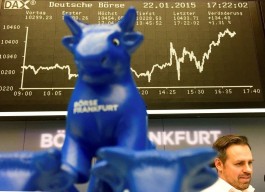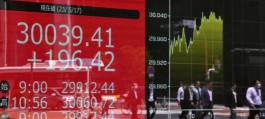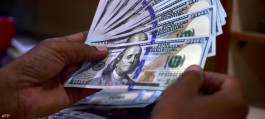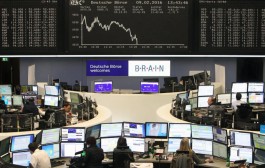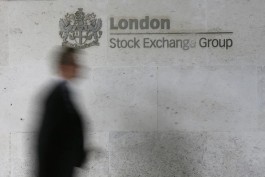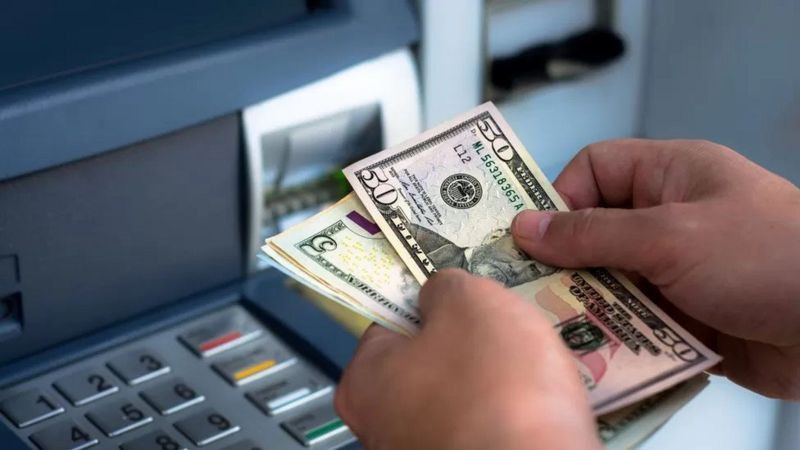The outlook is expected to get darker for the dollar in 2024, but a strong US economy and high yields may support the currency's valuation, according to strategists from Goldman Sachs Group led by Kamakshya Trivedi.
The dollar is still up about 1.6% this year, after falling from its 2023 highs recorded last month. It is on track for a third straight annual gain, with the Federal Reserve indicating its intention to keep interest rates at high levels for an additional period in an effort to tame inflation.
“The value of the dollar remains high, and we expect the global economy to return to better balance over the next year, which should weigh on the dollar over time,” strategists wrote in an annual currency outlook published on Friday.
However, the institution's view - which differs from the US growth consensus - is that high yields must provide a high bar to cross for total return expectations. Instead of a sharp decline in the value of the dollar, as happened after the signing of the Plaza Agreement in the 1980s (an agreement between the governments of France, West Germany, Japan, the United States, and the United Kingdom, to reduce the value of the dollar against the Japanese yen and the German mark through intervention in currency exchange markets), Experts expect a less profound decline.
They added that risks to their view lean towards a stronger dollar for a longer period, if other economies turn out to be unable to handle the level of restrictions required from the United States.
A difficult path ahead for the euro
Goldman Sachs experts also expected a difficult path for the euro, rising to $1.10 over the next year, from about $1.07 now, supported by a recovery in economic growth in the second half of 2024 as the shock of rising energy prices fades.
Key risks include weak growth affecting sovereign credit, as well as additional shocks to energy prices.
As for the yen, the market is disappointed about Japan's progress towards a fiscal tightening policy. Goldman Sachs expects the yen's exchange rate to fall to 155 yen to the dollar during the next six months, from about 152 currently, indicating that it is difficult for the yen to fight the macroeconomy.
For the British pound, there is more pressure in the near term given its sensitivity to real interest rates.
Experts wrote that the upward trend will likely remain limited, as long as the Bank of England remains one of the most reluctant banks to resume raising interest rates, and they expect the price of the pound to reach $1.18 within the next three months, from $1.22 now.
















